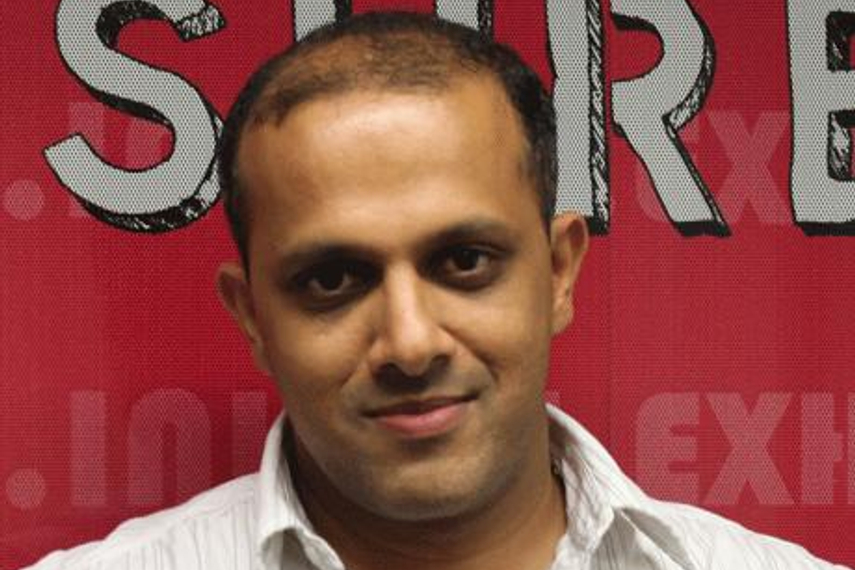
Please sign in or register
Existing users sign in here
Having trouble signing in?
Contact Customer Support at
[email protected]
or call+91 22 69489600
Prem Kamath, executive vice president and general manager, Channel [V], explains why advertisers could do with being a bit more adventurous

Contact Customer Support at
[email protected]
or call+91 22 69489600
Top news, insights and analysis every weekday
Sign up for Campaign Bulletins
It has partnered with CambrianEdge.ai, advancing its two-year shift into an AI-powered, pod-based agency model.
Google’s annual anthem film caps off a slate of new creative recently released from the tech giant to promote its search and Veo 3 content generation tools.
The new campaign uses chess strategy as a creative device to demonstrate exterior paint protection designed for Southern India’s climate.
Agencies that see marketing as one coherent journey rather than a sequence of disconnected tasks will win the game.